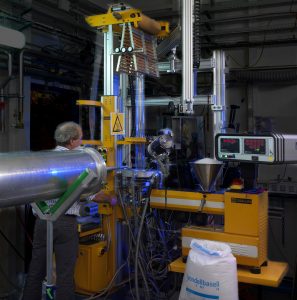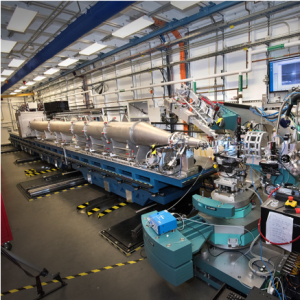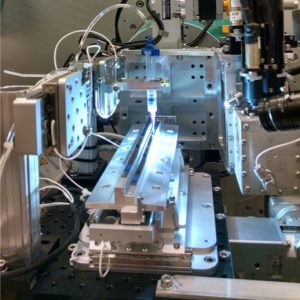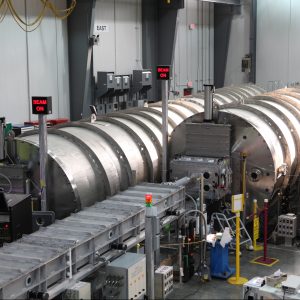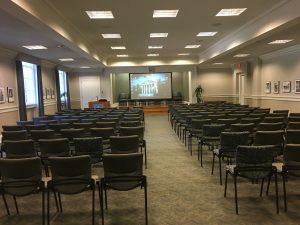
- This event has passed.
Soft materials in processing conditions: linking engineering with molecular behavior
Thursday, November 14, 2019 - Friday, November 15, 2019
Registration for this event is required. Please click here to register. Click here to view the draft agenda for the event.
During polymer processing, there are many stages where the materials are subjected to a combination of rapidly varying physical parameters like shear, temperature quenches, pressure and volume variations. There is broad expertise in the engineering aspects of the handling and processing of polymers, which has been built up over many years and in practice relies heavily on empirical findings. Progress in understanding the molecular behavior under processing conditions has been made, but the connections between the molecular scale and the macroscopic world are still somewhat elusive. To improve the properties of materials produced via conventional processing as well as in the relatively new field of additive manufacturing requires insights into the behavior of macromolecules subjected to extreme conditions.
Neutron and X-ray based experimental techniques are the rare tools that can provide real-time insights into the structural developments in polymers during rapidly changing conditions intrinsic to processing in the bulk as well as in additive manufacturing. The results of such on-line experiments can be used either as direct information or to verify the predictions of computer modeling.
On 14-15 November 2019, a workshop will be organized at UNC Chapel Hill with the goal to bring processing engineers, polymer scientists, X-ray and neutron beamline scientists, and computer modelers together to identify fundamental research to overcome scientific and technical barriers for innovations in polymer processing.
The first outcome should focus on an increased awareness of performing time-resolved in-situ characterization experiments using the X-ray and neutron beamlines and how this can be harmonized with research demands from the academic and the engineering polymer processing research community. The second-outcome should include the exploration of what collaborations would be effective, develop a plan to jump-start engagements, and determine if there would be scope to create a (virtual) center or other forms of coordination, which would facilitate response to funding calls from DoE and/or NSF established in the near future.
This workshop is intended for staff, faculty, advanced students, postdoctoral trainees, and beamline users interested in learning more about future uses and applications of beamline technology.
Invited Speaker: Professor Gerrit Peters, Eindhoven University of Technology
Gerrit Peters, PhD, is a Full Professor at Eindhoven University of Technology (TU/e), where he is Chair of Theoretical and Applied Rheology. Key areas of expertise are rheology of polymers and soft tissues and structure development during polymer processing. His current research focused on these areas, more specifically on constitutive modeling of mechanical induced phase changes and structure–property relations. Applications are found in film blowing, extrusion, injection molding and electrospinning of amorphous, semi-crystalline and reactive polymers. His work also incorporates the development of dedicated experimental setups such as, for example, a unique dilatometer (the Pyrouette) that allows for high cooling rates and sample shearing. Gerrit also participates in the research of biomechanics. He was involved in the development and testing of heart valves prosthesis, tissue engineered heart valves and still works on the rheology of different biological tissues such as brain tissue, thrombus, skin and fat.


